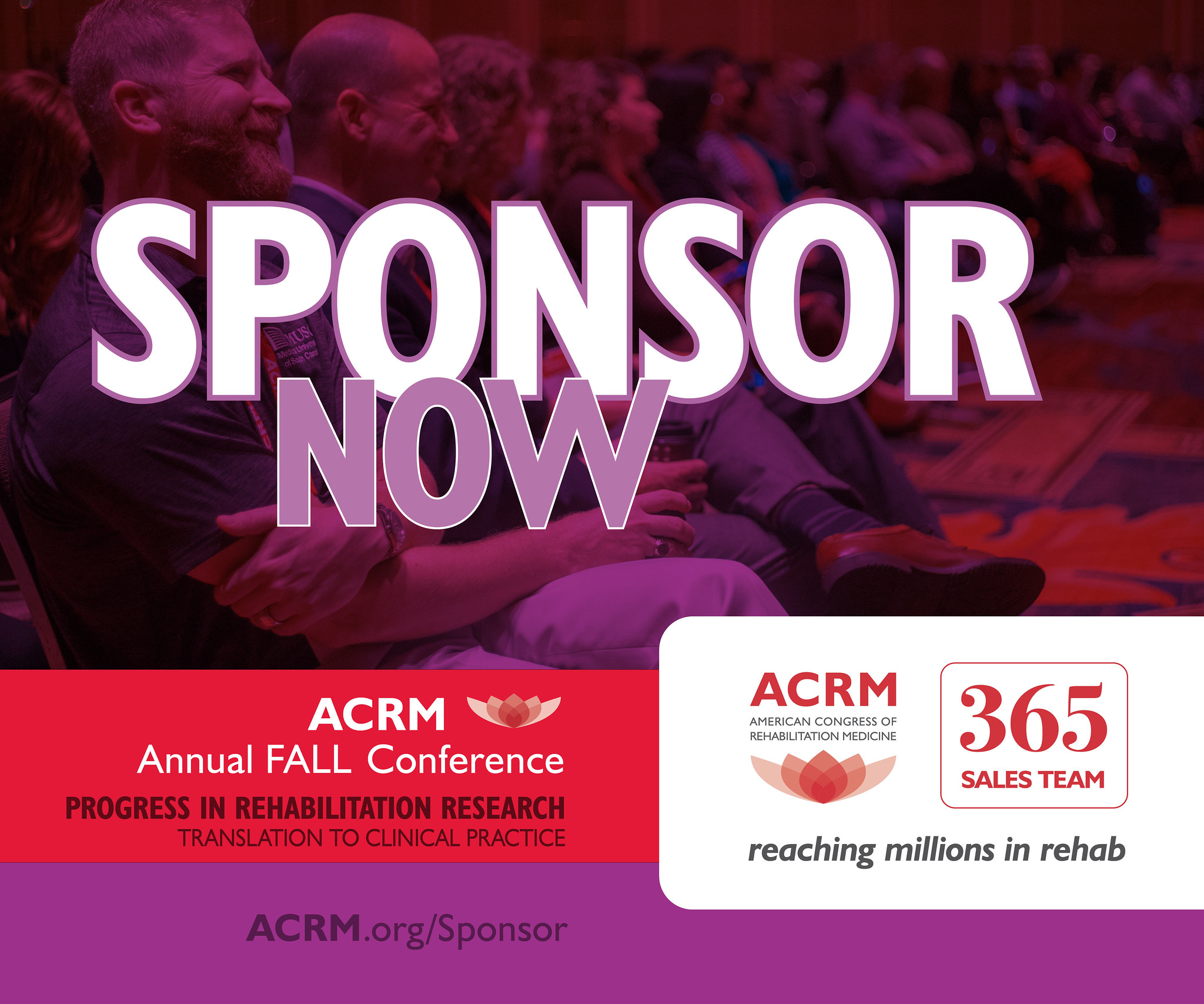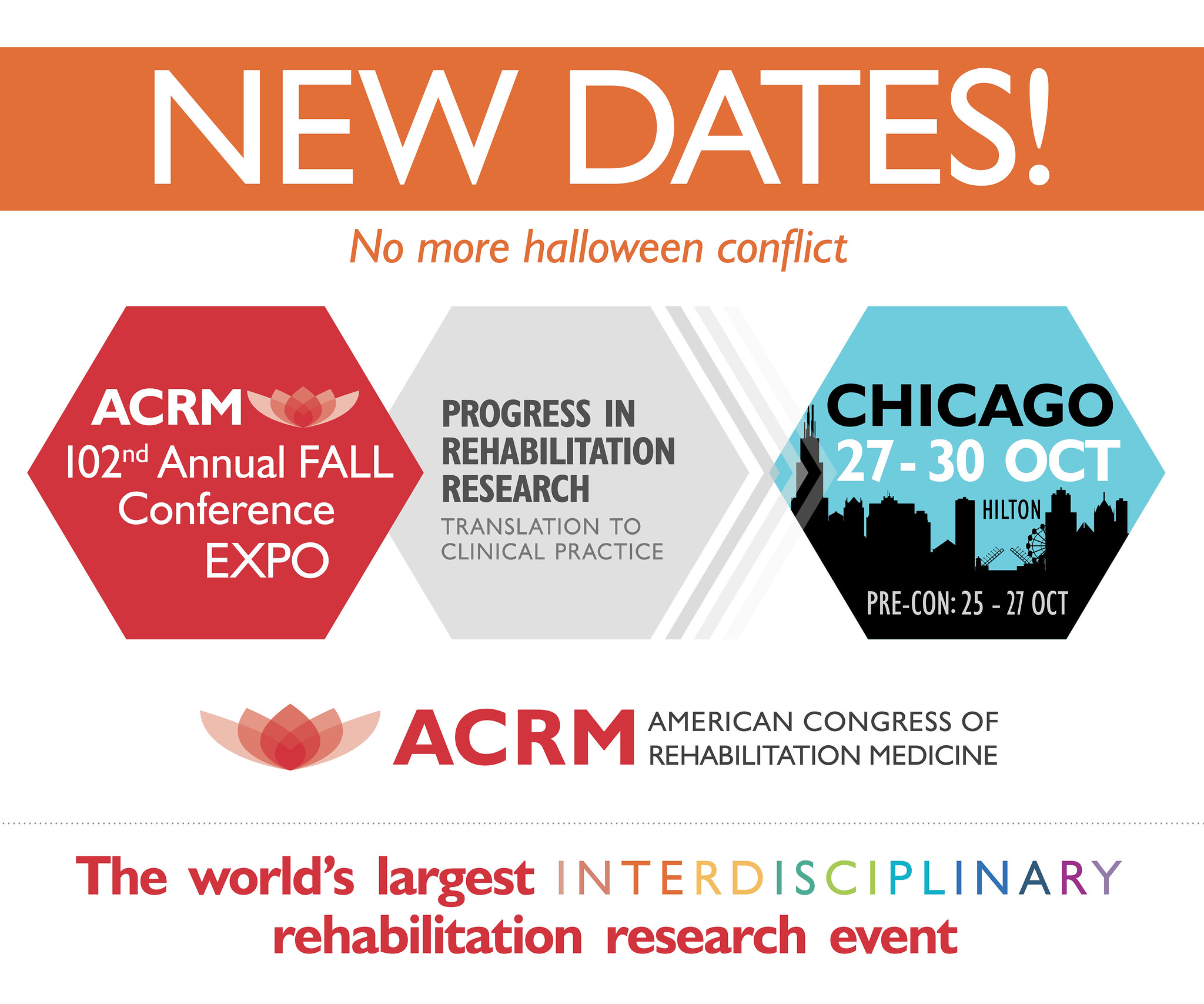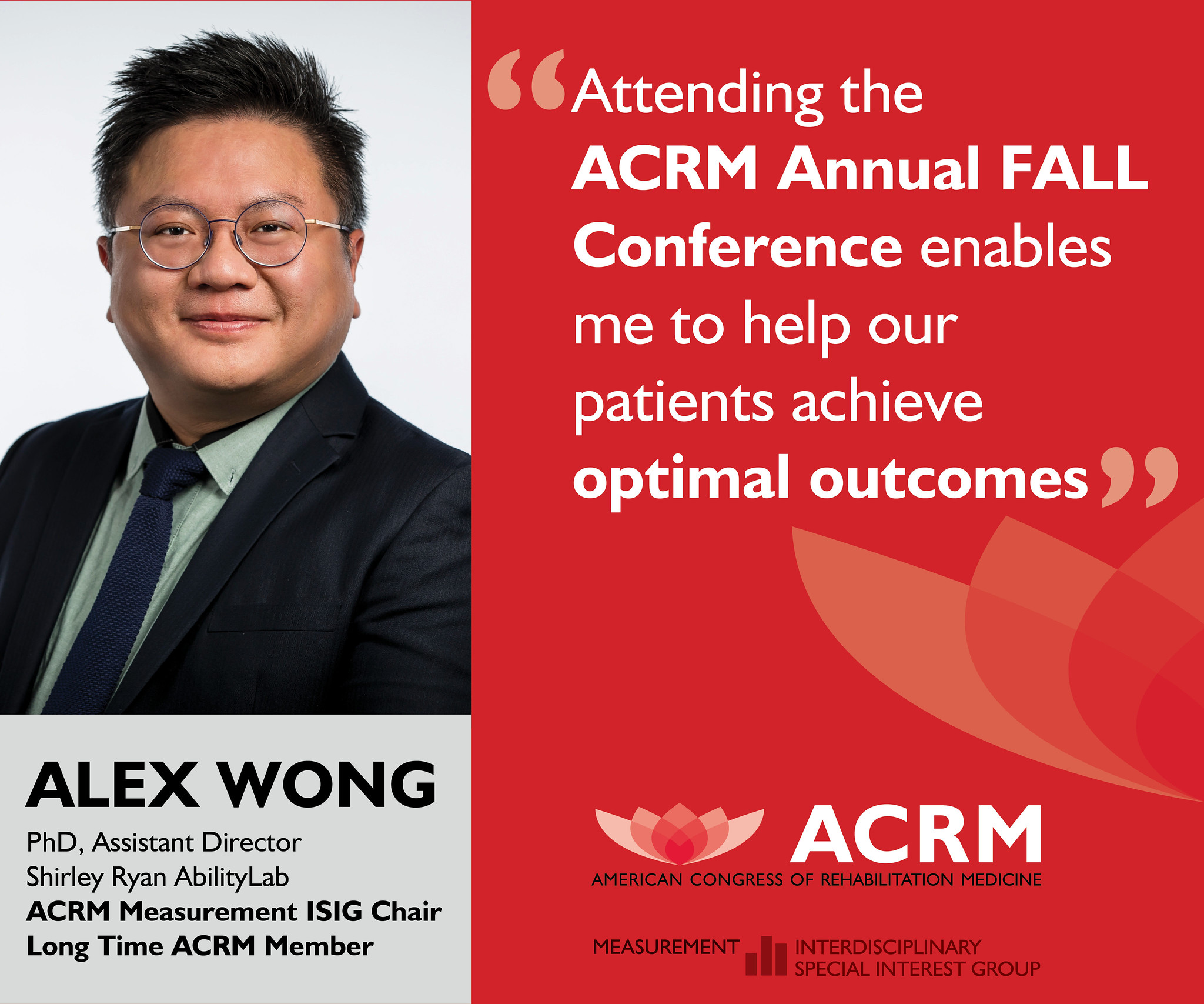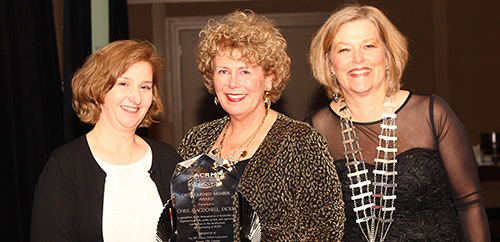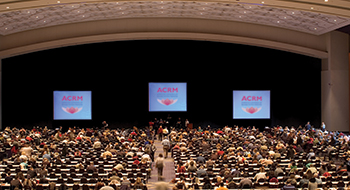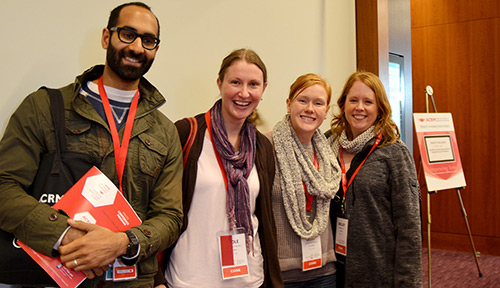Cognitive Rehabilitation Task Force
MISSION
The mission of the BI-ISIG Cognitive Rehabilitation Task Force is to advance scientific knowledge in the area of cognitive rehabilitation (CR), to develop and disseminate guidelines for clinical practice in CR based on scientific principles/knowledge, and to advocate for appropriate CR interventions for individuals with cognitive deficits due to acquired brain injury.
JOIN THE TASK FORCE
Thank you for being a part of the BI-ISIG Cognitive Rehabilitation Task Force. We love that the ACRM attracts the most passionate interdisciplinary mix of rehabilitation pros from around the world. What an honor to collaborate with such driven individuals. We hope to meet with you at our upcoming networking group meeting to discuss current projects and opportunities for contribution and collaboration.
ACRM BI-ISIG Cognitive Rehabilitation Task Force Meeting
Join us to discuss the 2025 ACRM Annual Conference, Task Force updates, and new projects. We welcome your participation.
Save the Date
DATE: the first Monday every month
TIME: 2:00 PM ET
We hope to see you there!
Meeting ID: 867 7252 8483
Passcode: 683020
CO-CHAIRS
 Amy Shapiro-Rosenbaum, PhD, FACRM
Amy Shapiro-Rosenbaum, PhD, FACRM
TBI Program Director
Park Terrace Care Center
LinkedIn Profile
 Thomas F. Bergquist, PhD, LP, ABPP, FACRM
Thomas F. Bergquist, PhD, LP, ABPP, FACRM
Associate Professor
Mayo Clinic
 Yelena Goldin, PhD
Yelena Goldin, PhD
Clinical and Research Neuropsychologist
JFK-Johnson Rehabilitation Institute
LinkedIn Profile
QR code
Use this QR code to share this web page with colleagues

2025 GOALS
- Umbrella literature search underway and will begin process of formal literature review in early 2025
- Continue work on EBR of CR effectiveness in medical populations w/ cognitive impairment and computerized CR
- Continue to expand reach of CR Manual & Textbook into new venues (e.g. graduate school curricula)
- Review attendee feedback of experiences with new CRM2 training format to guide ongoing program development
- Complete survey to examine provider awareness and adoption of CR EBRs into every day clinical practice
- Finish creation of Care Partner Cognitive Strategies Toolkit (phase 2) and start process of dissemination (phase 3)
Ongoing projects at different levels of maturity…
opportunities for new persons to step into:
- EBR’s on effectiveness of computerized CR interventions, CR in other medical populations w/ cognitive impairment.
- Implementation Science Work Group
- Cognitive Strategies Care Partner Toolkit
- Umbrella Review of Systematic Reviews of CR in TBI and stroke
Many new possible project ideas including:
- Public education efforts including professional development, consumer education products and activities
- Cross Task Force collaborations
2023/2024 ACCOMPLISHMENTS
Evidence-Based Reviews:
- Started title search for Umbrella Review and updated Systematic Review of CR for persons with TBI and stroke (End goal: update CR practice recommendations)
- Partially completed Phase 2 for updated EBR of computerized CR (Title Screen and Abstract Review complete, full article review underway)
- Partially completed Phase 2 for updated EBR of CR effectiveness in other medical populations (Title Screen and Abstract Review complete, full article review starting)
Knowledge Translation, Implementation Science and Professional Educational Activities:
- Phase 1 & 2 of Care Partner Cognitive Strategies Toolkit complete (environmental scan and review, creating content drafts). Drafts undergoing outside expert review. Working with theTBIMS KTC on design and dissemination
- Launch of Implementation Science workgroup including two first rate implementation scientists
- Working on designing a survey study looking at determinants impacting adoption of evidence-based CR practice recommendations and differences in practice patterns between civilian and military CR providers
- Added several new members to ACRM CR Course teaching faculty.
- New consumer advocate member of our Task Force working with ACRM on manual dissemination activities
2024 GOALS
- Initiate updated EBR of CR effectiveness 2015-2020 (pending funding support)
- Initiate EBR of CR effectiveness in medical populations w/ cognitive impairment
- Expand CR training curriculum
- Complete survey research to guide development of future trainings and support international implementation of the CR trainings
- Develop additional products for Care Partner Cognitive Strategies Toolkit (phase 2) and focus on implementation (phase 3).
2022-2023 ACCOMPLISHMENTS
- ✔Official launch of ACRM CR 2nd Edition Manual and Textbook
- ✔ Development of manual companion website (in collaboration with ACRM leadership)
- ✔ Launch of updated core ACRM CR live and virtual training programs
- ✔ Development and launch of NEW ACRM Pediatric CR Training Program (in large part due to efforts of the Pediatric CRTF)
- ✔ Received feedback on CR course from key stakeholders during 2023 spring meeting.
- ✔ Project leads attended didactic sessions on implementation science by TBIMS Implementation SIG
- ✔ Provided systematic review training for TF members
- ✔ Completed article reviews for updated EBR of Computerized CR Interventions
- ✔ Completed Phase 1 of updated EBR of CR effectiveness in other medical populations (team & initial rater training complete; literature search & EPC review in process).
- ✔ Completed Phase 1 and beginning Phase 2 of Care Partner Cognitive Strategies Toolkit, including an environmental scan (gathering and rating resources) and creation of pilot toolkit
2021-2022 ACCOMPLISHMENTS
- Official launch of ACRM CR 2nd Edition Manual and Textbook
- Development of manual companion website (with help of ACRM leadership team)
- Launch of updated core ACRM CR live and virtual training programs
- Development and launch of NEW ACRM Pediatric CR Training Program (in large part due to efforts of the Pediatric CRTF)
- Provided systematic review training for TF members
- Complete abstract reviews for updated EBR of computerized CR interventions
- Completing Phase 1 of a CR Care Partner Tool Kit Environmental Scan (gathering and rating resources)
How Can I Get Involved?
- Several ongoing projects at different levels of maturity – always opportunity for new person to step into:
- EBR’s on effectiveness of computerized CR interventions, CR in other medical populations w/ cognitive impairment, MCI, and dementia
- Facility Implementation Project
- CR Care Partner Tool Kit
- Many new project ideas – great time to get involved:
- Public education efforts including professional development, consumer education products and activities
- Cross Task Force collaborations



